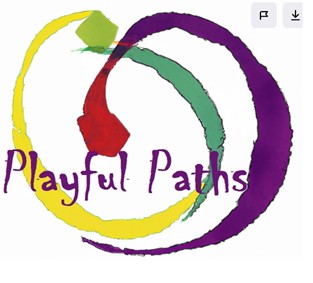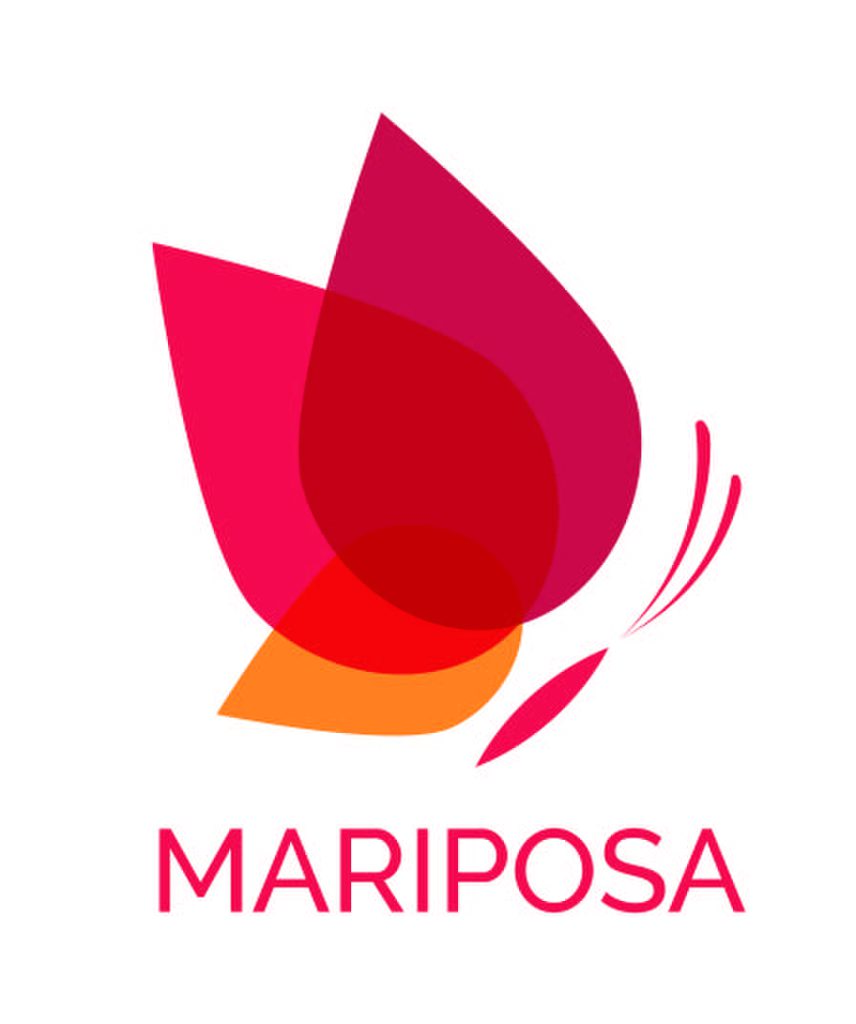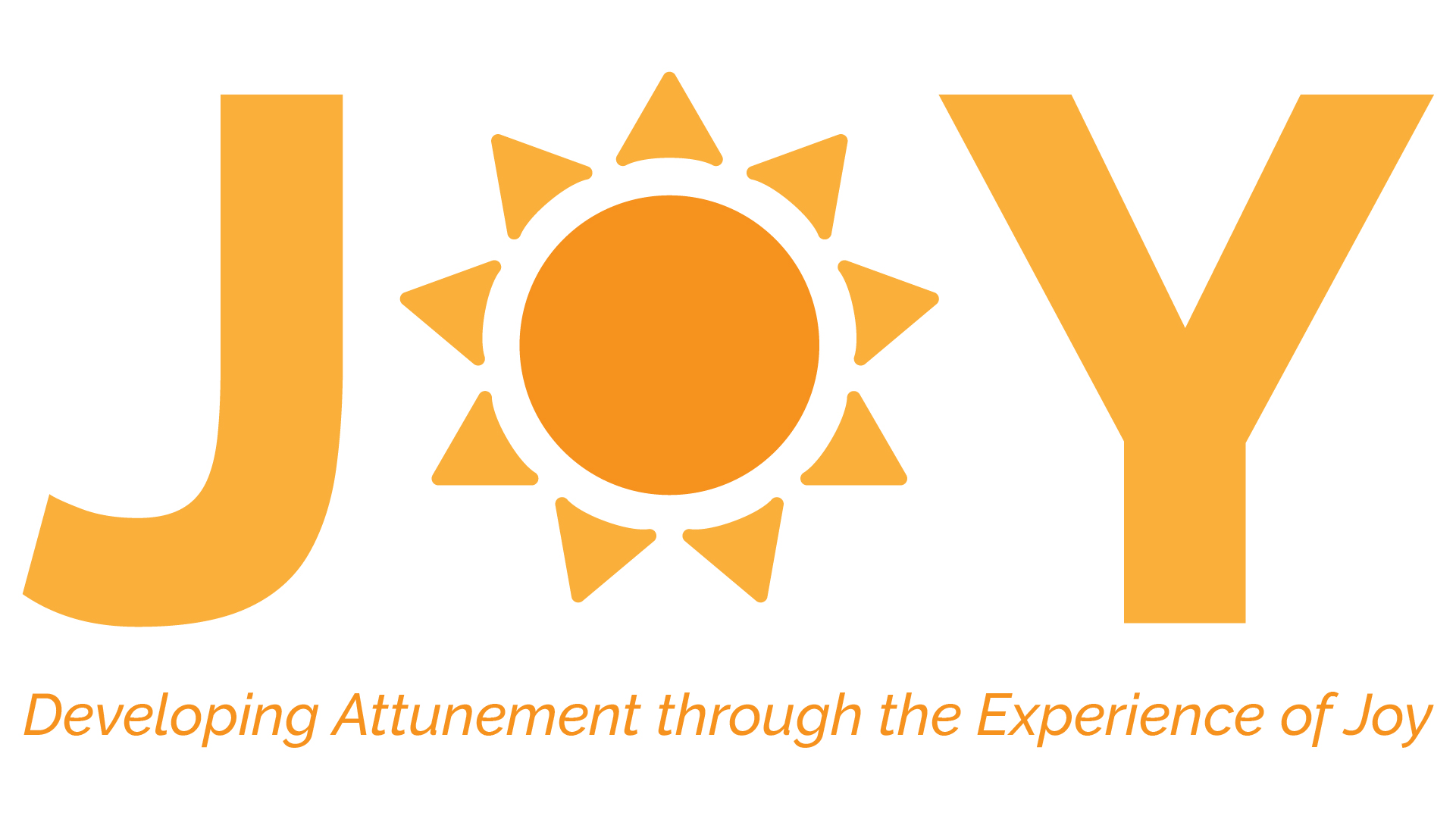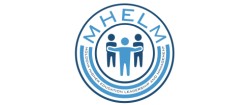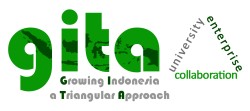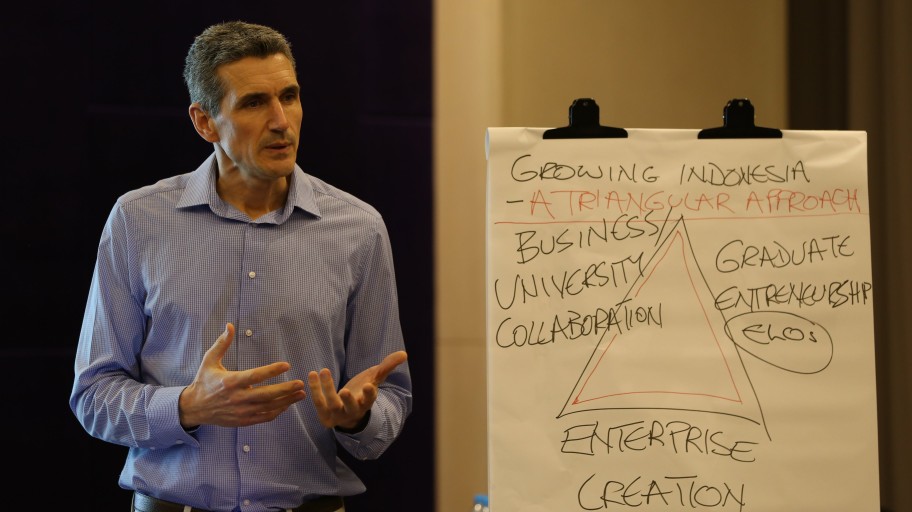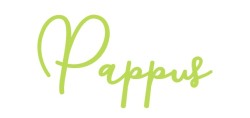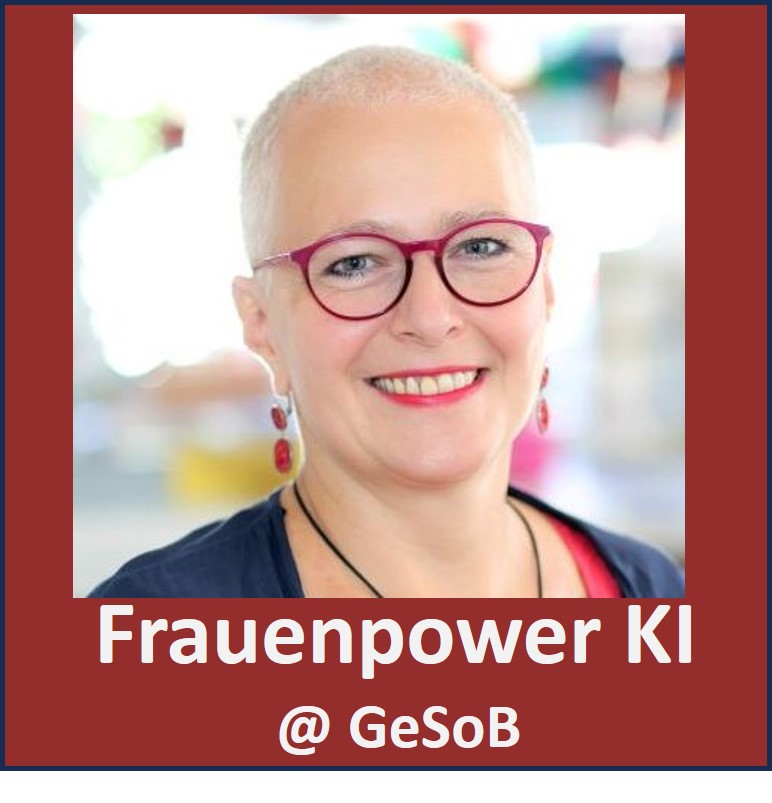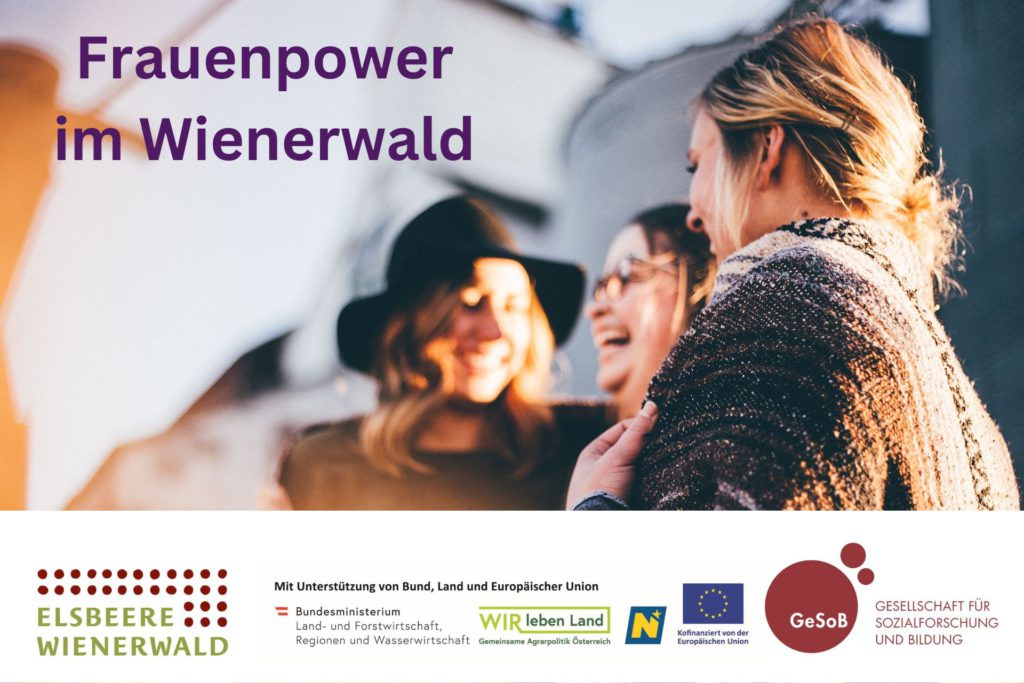
Empowerment and networking in the regional economy
In March 2024, the Elsbeere Wienerwald LEADER region is all about women. The “Women’s Power in the Vienna Woods” project aims to strengthen women in the regional economy and create a strong network. Through a combination of regional public relations work and various thematic events, we want to make women in the economy more visible and emphasise their role in regional development.
A central element of the project is a comprehensive regional media campaign. We plan to share key content via social media, regional newspapers and other channels. This campaign will raise awareness of the diversity of women’s roles in business and promote the various events and activities organised as part of the project. In addition, four short portraits of women will be created, highlighting the individual experiences and successes of women in the regional economy. These portraits will form part of the media campaign and highlight the personal stories of these women.
At the heart of the project are four in-house events that have been specially designed to network and promote women in business.
Events of the GeSoB association:
- Thursday, 29.02.2024 – Opening Event “Women’s Circle ‘We Have Stories to Tell'” – Women’s Power in the Wienerwald, from 6:30 PM to 8:30 PM at the Town Hall Hall, hosted by Christa Berger, followed by networking opportunities and a small buffet
- Friday, 08.03.2024, International Women’s Day – Walking Talks from 1:30 PM to approximately 6:00 PM – we visit entrepreneurs in the center of Neulengbach (who’s joining?). Meeting point at 1:30 PM: SpeiseLokal, Wienerstraße 25, 3040 Neulengbach
- Sunday, 17.03.2024, 1:00 PM to 3:00 PM – Tour with Hedy Fohringer “Strong Women in Neulengbach – Past and Present”, Meeting point: Kirchenplatz 2, 3040 Neulengbach, tour (through the center of Neulengbach) free of charge
- Wednesday, 20.03.2024, 7:30 PM – The film ‘The Conductor’ — A collaboration with EU XXL The Series and Theaterei Entertainment, Location: Theaterei, Hauptstraße 5, 3051 St. Christophen, free admission
An important part of the project is the creation of a calendar of events that will enable other local initiatives to advertise their events during Women’s Month in March 2024. Cooperation with Aktive Wirtschaft Neulengbach, local initiatives and the municipality of Neulengbach is essential to ensure broad support. There is also a particular focus on the use of vacancies in the centre of Neulengbach in order to revitalise the local economy and draw attention to these resources.
Planned external events as part of the Women’s Power in the Vienna Woods project can be found here:
“Frauen-Power im Wienerwald” is more than just a project. It is a movement that aims to empower women in business, share their stories and create a supportive community where women can succeed in all areas of the economy. As such, the project fits perfectly into Action Field 1 “Increasing added value” of the LEADER region Elsbeere Wienerwald and contributes significantly to the promotion of women in the regional economy.
Project organiser: Association for Social Research and Education, Neulengbach
Project start: 01.01.2024
Project end: 30.06.2024
Website: Leader Region Elsbeere Wienerwald – Projects
PARTNER:
- Leader Region Elsbeere Wienerwald
- Aktive Wirtschaft Neulengbach
- Plattform Gesund Leben
- ARGE Startraum Neulengbach



